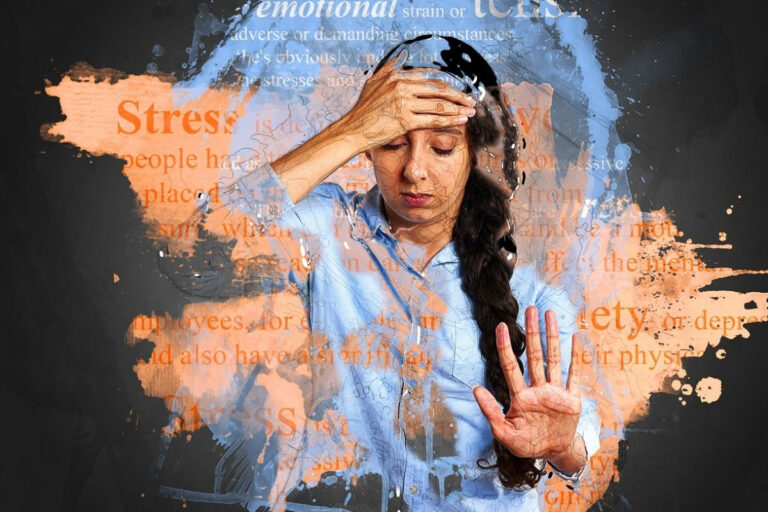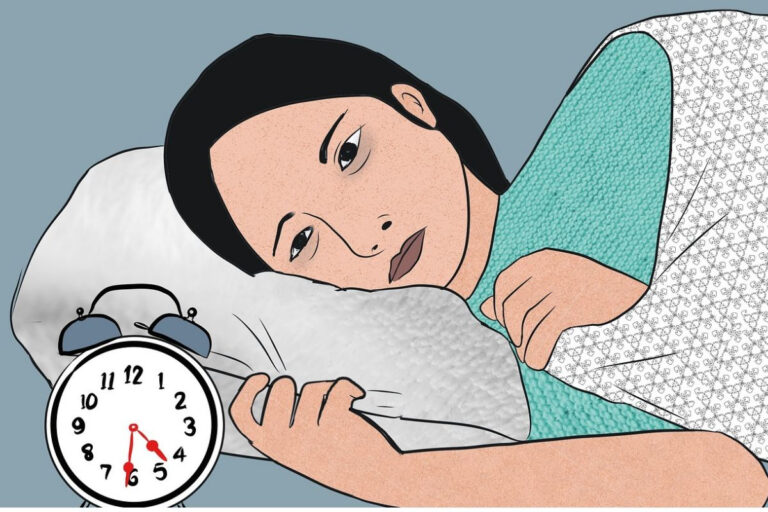Have You Been Hiding Because Social Stress Is Just Too Much?
Social anxiety and depression have become closely linked in today’s society. Sometimes the stress of all we have to do daily becomes too much, and the first thing we do is withdraw.
Withdrawing from civilization as much as possible without jeopardizing a job or other things necessary to maintain our lives directly results from the fast-paced society we live in today.
Unfortunately, the answer isn’t as simple as eating a salad or exercising. Sometimes we must dig deep to find the answers to our need to withdraw. For example, when you’re depressed, you may need to start from the crowds or be depressed because you’re socially anxious.
If you’re a normally socially active person, isolating yourself by refusing to participate in outside activities may cause you to lose interest in life and even make you fear social encounters.
This fear can develop into chronic depression, bipolar disorder, or dysthymia (PPD – persistent depressive disorder). These disorders have a better chance of growing if you’re especially fearful of many social situations.
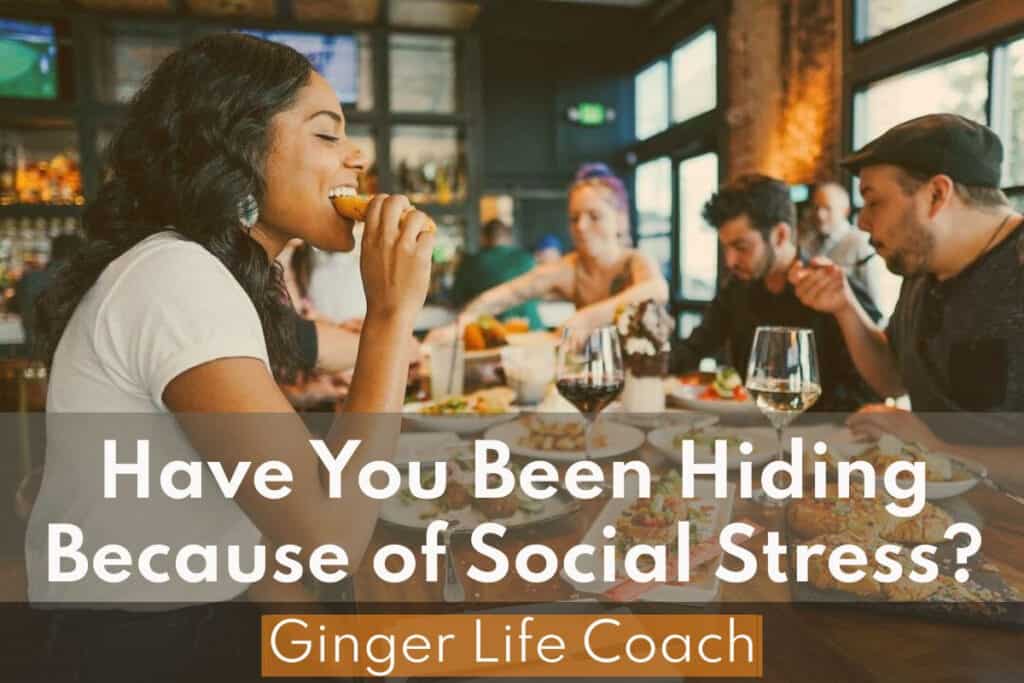
Social anxiety disorder
Social anxiety disorder (SAD) can also put you at risk for such problems as addiction to alcohol or other substances and the inability to function at work. In addition, it may render you less likely to respond positively to treatment. It could also increase your risk of suicide.
Microstresses that challenge your identity
Microstresses can incredibly damage our sense of identity and security in life. These are often subtle, barely perceptible moments that trigger the uncomfortable feeling that we are not the people we want to be. Pressure to pursue goals that run counter to our values, criticisms that chip away at our self-confidence and worth, draining interactions with colleagues or family members, and disruptions to our networks can all mentally create a corrosive environment for us.
In these situations, it can feel like we’re fighting an uphill battle against ourselves, trying desperately to maintain who we think we should be—despite those circumstances surrounding us that seem intent on otherwise destabilizing us. With enough micro stresses continually undermining us, it can become a nearly impossible task. Thus combatting them is essential if we continue building our identity as we wish. Social withdrawal
Social withdrawal is different than social anxiety disorder or depression. An excellent example of social withdrawal is the person who avoids social interaction because they have a poor self-image or fear they’ll embarrass themselves.
Those depressed because of social anxiety don’t consider social interaction a joyous event. Instead, they think of going out and being with friends as a negative because of fear of others’ evaluation.
Those who suffer from SAD think they might enjoy social interaction but also think they don’t know how to socialize with others. As a result, most people won’t seek help for a social anxiety disorder or the depression it causes.
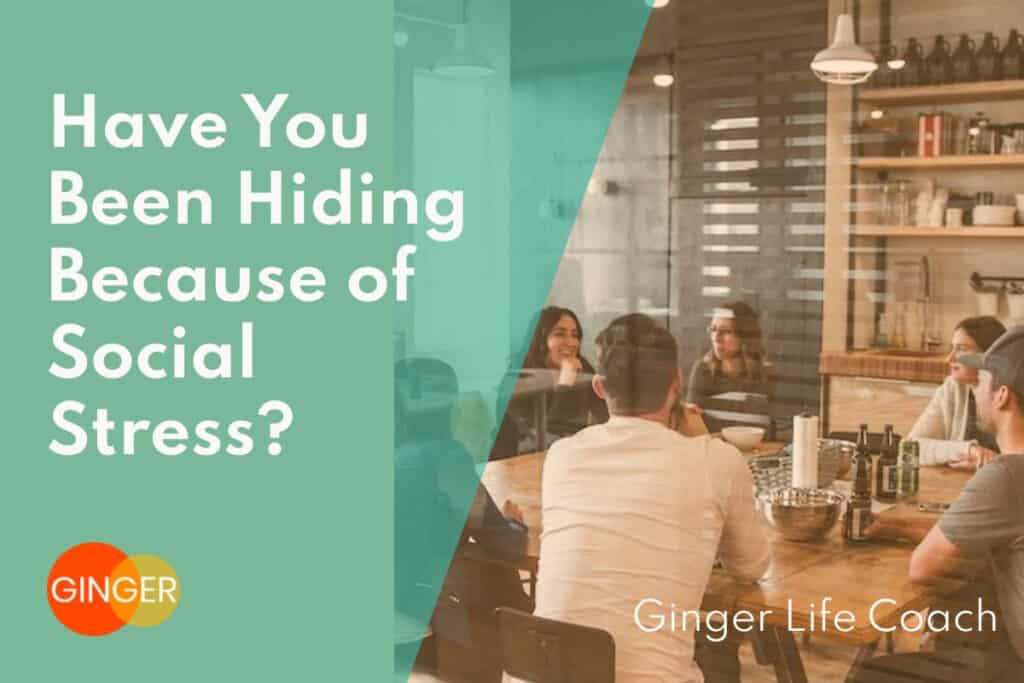
Stress relief for social problems
In the long run, it doesn’t help to be treated for social anxiety caused by stress. The underlying issues must be addressed for the treatment to be effective. Stress relief for social problems may be as easy as learning relaxation techniques that you can practice before a social interaction.
Or, you may need to think deeper and more analytically to get to the root causes of the social stress you’re experiencing. If you find yourself going into hiding or making excuses for not being socially active, you may want to speak to your doctor or therapist.
Try stress relievers such as deep breathing, Yoga, tai chi, and meditation before social events to relax your mind and body.
Avoid negative coping strategies.
When faced with a social situation, it can be tempting to turn to harmful coping mechanisms like drinking alcohol to blunt the symptoms of social anxiety. Drinking too much, however, can make those symptoms worse. Research has shown that heavy alcohol consumption leads to heightened stress, negative feelings, and disrupted sleep patterns. These effects are bound to worsen social anxiety instead of helping alleviate it.
To avoid these consequences, people with social anxiety must employ more positive strategies to alleviate their symptoms. For example, reaching out for support from family and friends or joining an online support group can help connect and distract from anxious worry during tight social situations. Making relaxation techniques such as deep breathing and mindfulness part of a regular daily routine can also be a helpful way of managing stress levels and quiet intrusive thoughts when feeling socially anxious. Embracing these positive strategies may make people with social anxiety feel socially confident while avoiding short-term comforts like alcohol.
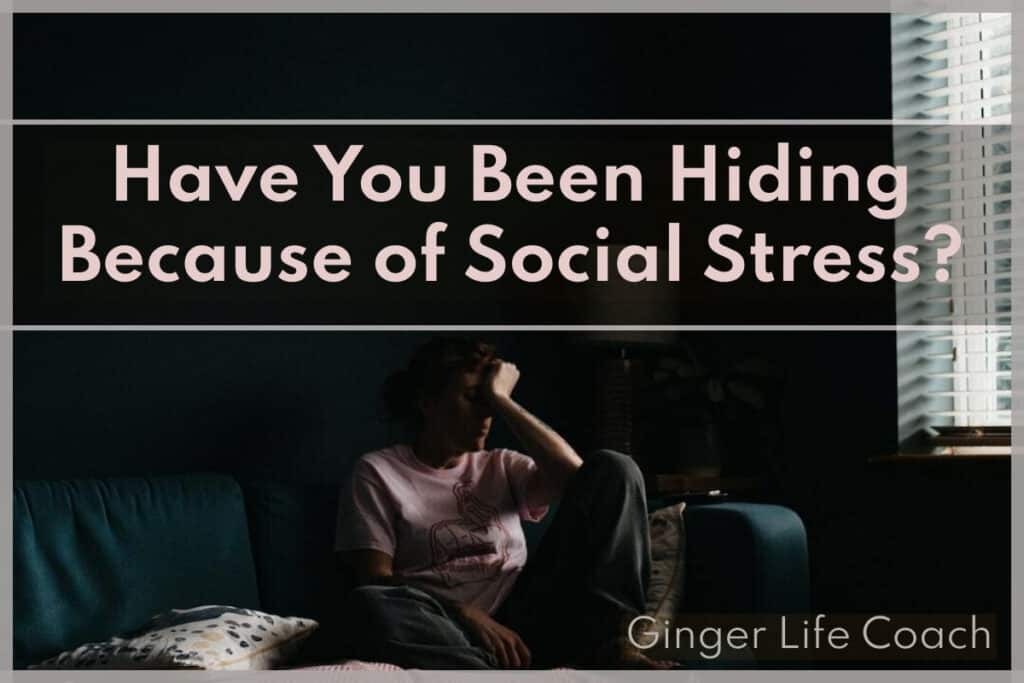
Face your fears, don’t hide from them.
For many people, social anxiety is a constant and draining struggle. So rather than face their fears head-on and try to overcome them, many people avoid social situations altogether by using smartphones.
If you feel like avoiding social situations is your only option, there are various ways you can confront your fear instead of hiding from it. For instance, you could share your anxieties with a trusted friend or loved one or try participating in social activities sans your smartphone. Unfortunately, there is no guaranteed path to overcoming social fear, but by facing it head, we believe anyone can gain some traction in the fight against this debilitating disorder.
Reframe your thoughts
Reframing our understanding of stress and how it affects us can be a powerful tool in dealing with social anxiety or other forms of stress. As Jeremy Jamieson, assistant professor of psychology at the University of Rochester, notes: “The problem is that we think all stress is bad.” A 2013 study showed that people often feel less anxious when they understand their body’s biological responses to stressful events such as public speaking. Instead of viewing stress as something harmful and damaging to be avoided at all costs, the reality is that our bodies are preparing to confront and handle challenging circumstances. Becoming aware of these natural functions can empower us to channel our anxiety into productive resources such as improved concentration and focus.
Reframing allows us to look past the potentially overwhelming emotions of facing complex tasks. Let’s take an analytical approach centered on our body’s reactions rather than allow ourselves to be swallowed up by our anxieties. As a result, we become more capable of riding out whatever upcoming trials await us. This cognitive reframing prepares us mentally for what lies ahead while boosting self-confidence and resilience even in intimidating environments.
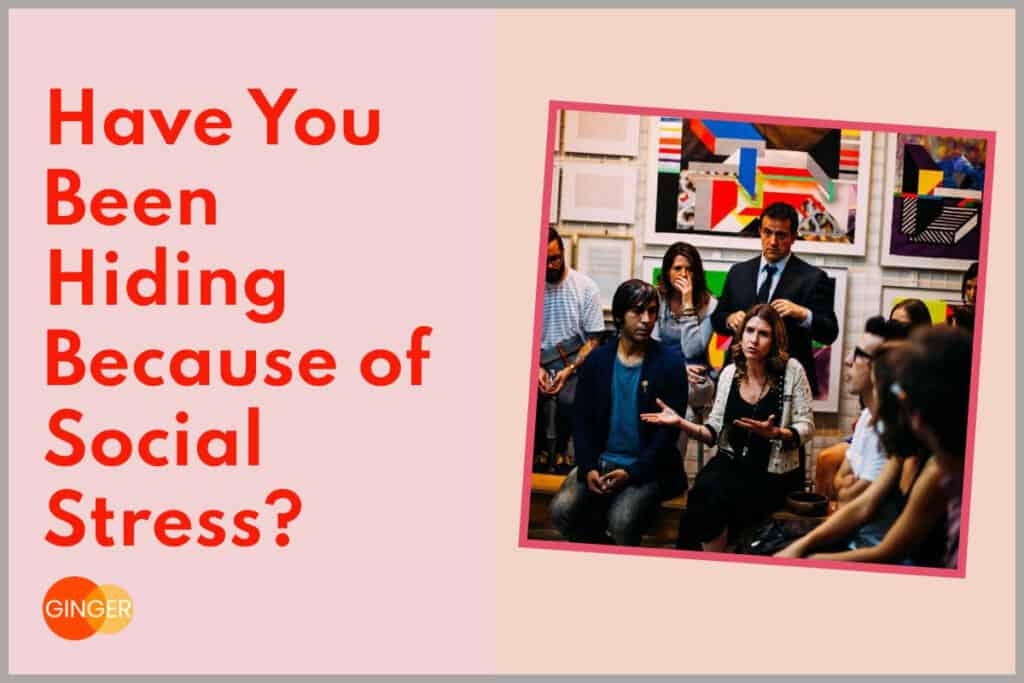
Conclusion
Social stress can be overwhelming and make us want to hide from the world. But it doesn’t have to be that way. By practicing self-care, building a support system, and facing our fears head-on, we can overcome social anxiety and start living the life we want. Remember, taking things one small step at a time is okay. We can learn to manage social stress and live a fulfilling life with patience, and perseveranceSocial anxiety can feel overwhelming, but you’re not alone. Discover tips and strategies to help you overcome social stress and start living your best life.


